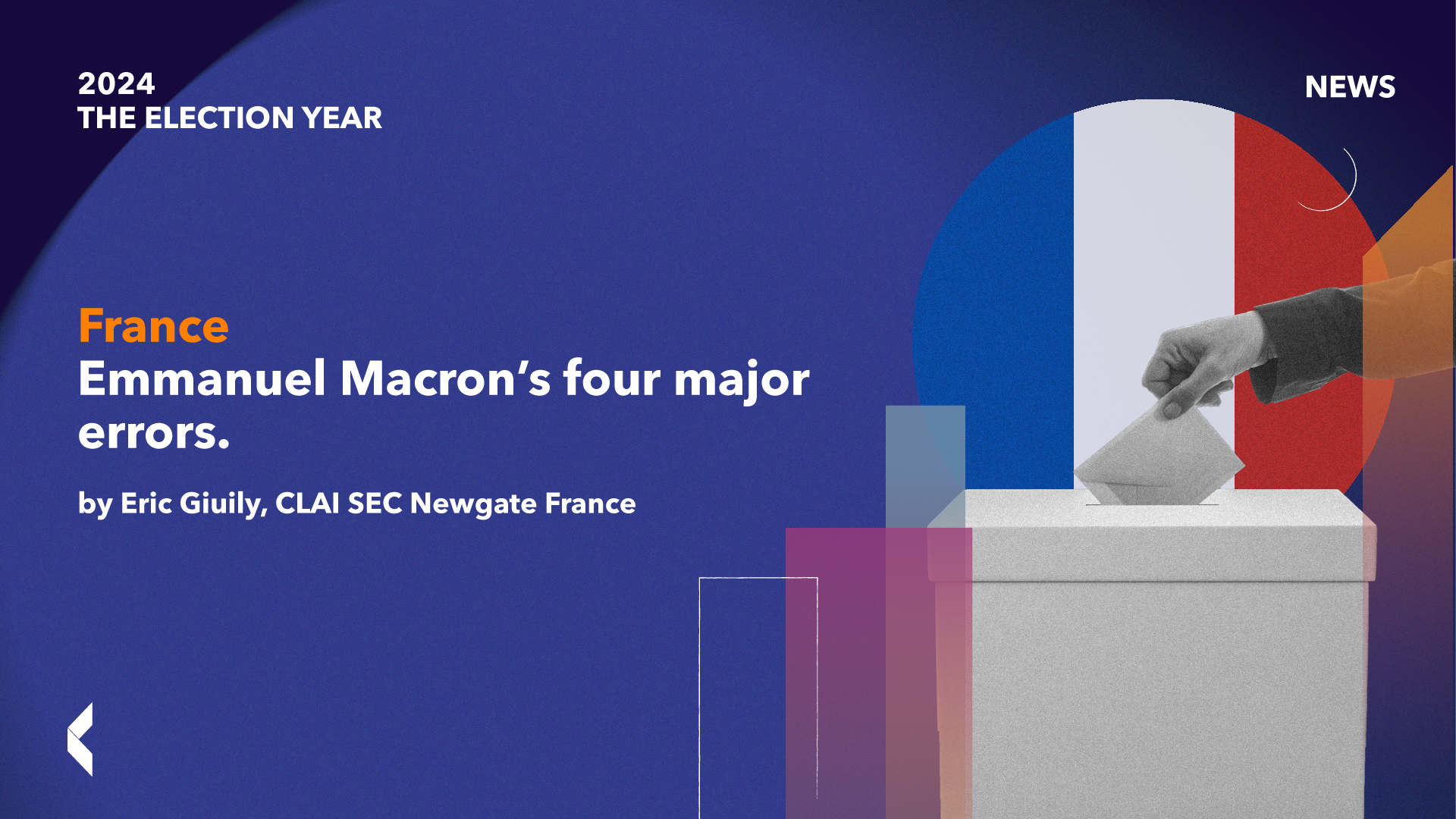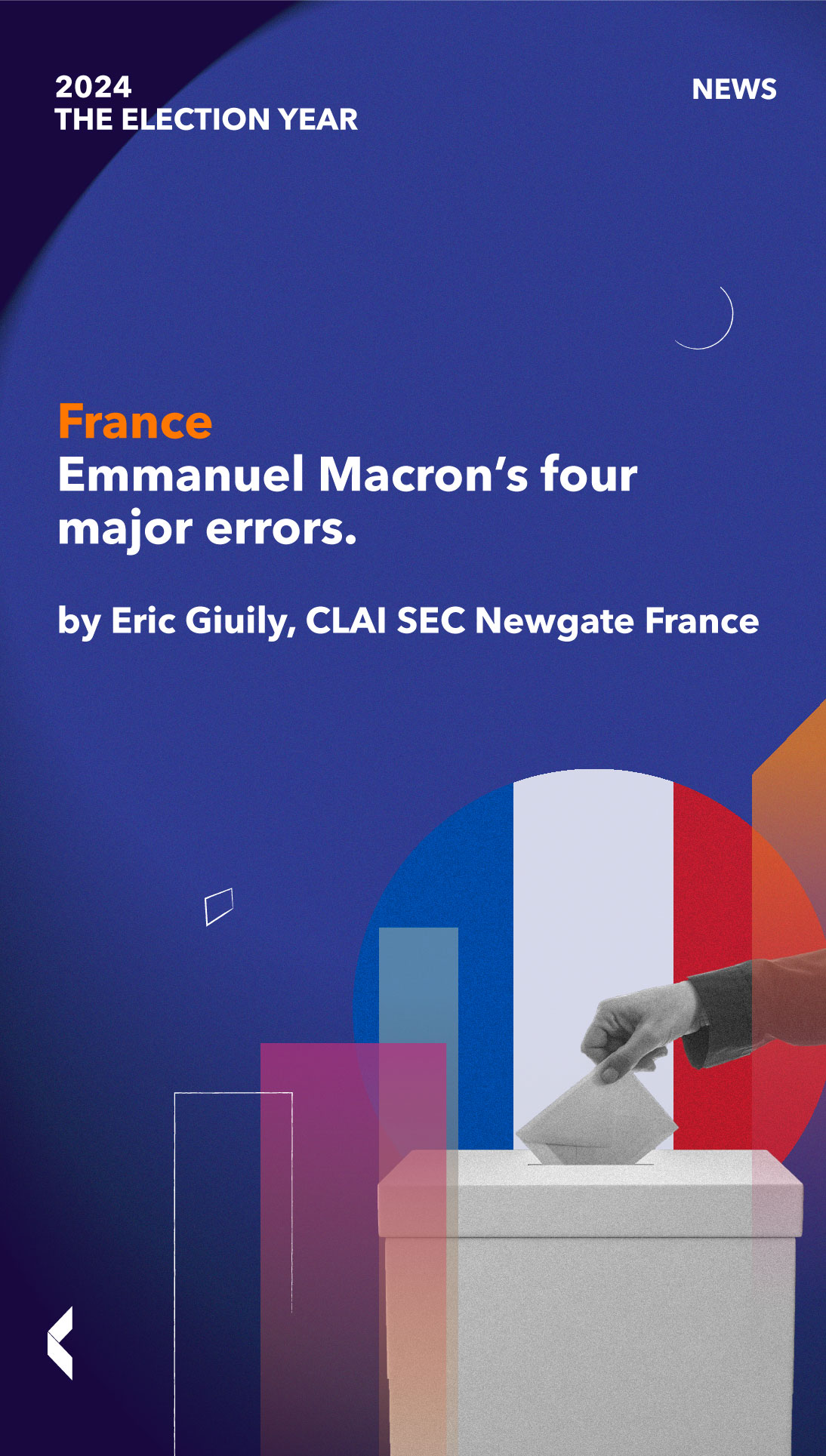About the Author
The first misstep was his failure to recognize the makeup of the electorate that re-elected him. His entire 2022 campaign was based on the repulsive effect of Marine Le Pen, garnering support largely from center-left and left-wing voters, though less so than in 2017. Persistently chasing the themes of the Rassemblement National (RN), Macron and his majority gradually lost significant support, especially among young people.
The President’s second mistake was believing his re-election would nearly ensure a parliamentary majority. Instead of appointing a new Prime Minister shortly after his victory and launching an ambitious governmental program with substantial communication, he visibly hesitated between two candidates for several weeks. This hesitation broke the already fragile momentum of his re-election, resulting in a relative majority. This situation necessitated repeated use of Article 49-3, essential for passing Finance Acts but highly contentious for the pension reform. This created an early perception that the five-year term was failing from the outset, needing a relaunch and new energy. Numerous initiatives were announced to this end, with no convincing outcomes.
The third and most perilous revitalization attempt was changing the Prime Minister last January, six months before the European elections. This deprived Macron of the option to resort to the classic measure following an electoral defeat: appointing a new head of government, as François Mitterrand did in 1984 after the European elections, or François Hollande after the 2014 municipal elections. This decision was further counterproductive as Macron did nothing to help Gabriel Attal assert himself and create a new dynamic.
These three mistakes culminated in the fourth: the surprise dissolution. Relying on the breakup of NUPES and the significant discrepancies among left-wing parties throughout the campaign, Macron hoped they would enter the legislative elections disunited, enabling the presidential majority to recompose in the second round. This was a severe miscalculation, overlooking the fact that the core purpose of political parties is to win elections and govern. One creative idea—the “New Popular Front”—and four nights of discussions were all it took to bury the divisions and doom Macron’s initiative to failure.
Following this inevitable sequence of events, Emmanuel Macron is likely to face either a cohabitation with the RN or an unprecedented institutional deadlock in the Fifth Republic, potentially confirming the assertion we began with. This is a concerning prospect, less than a month before the Olympic Games, which were meant to showcase France’s renewed strength and appeal.

